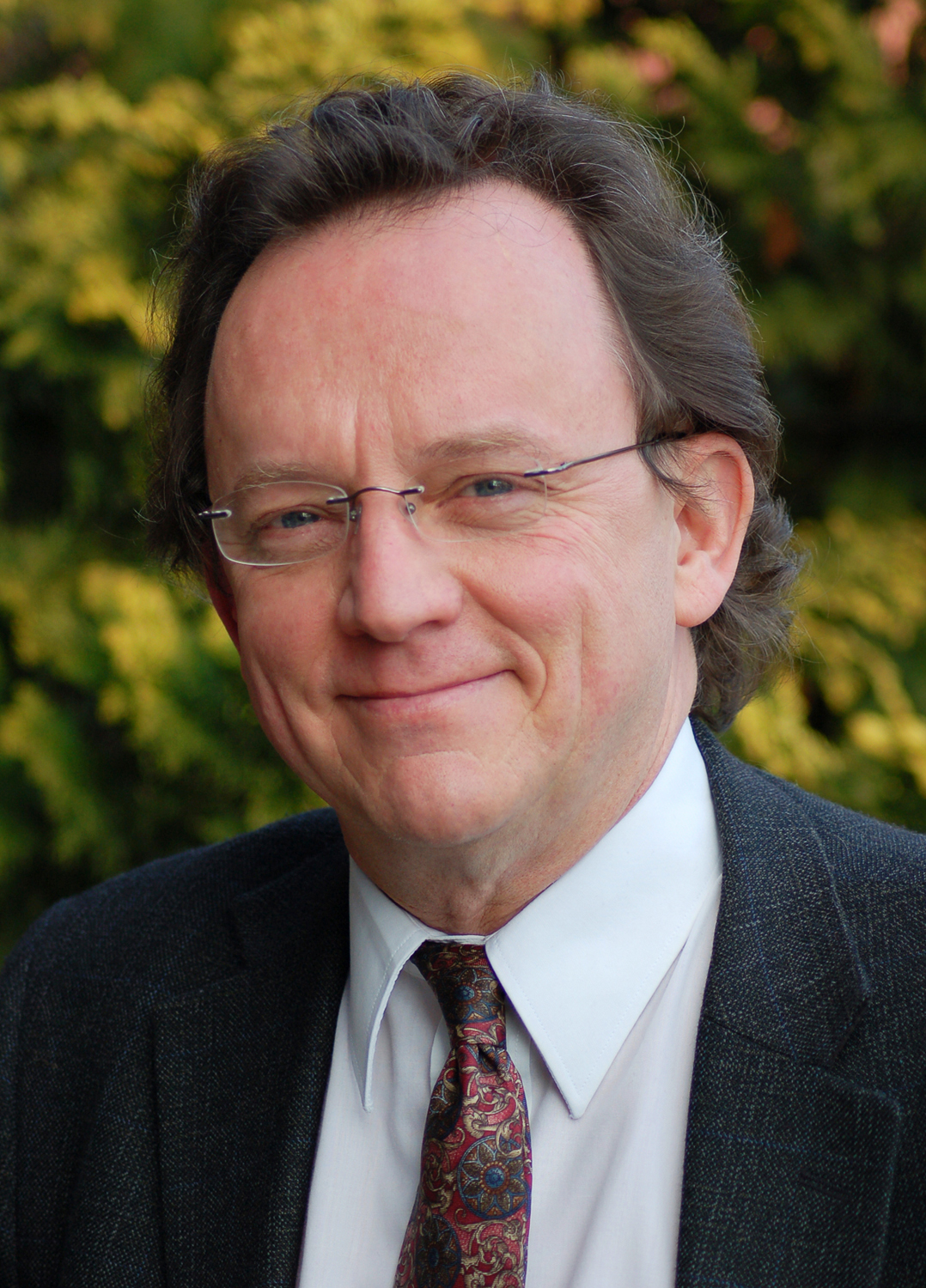 OPINION – June 19, 2013 -- The Lund Report article on June 13, “OHSU Scholarship Bill Passes Budget Committee Over Bates’ Objections,” examines Sen. Alan Bates’ opposition to SB 2, which proposes giving $4.9 million in scholarships to OHSU’s doctors who agree to serve in rural, underserved areas. The National College of Natural Medicine (NCNM) concurs with many of his objections to this bill. We have additional concerns, however, and believe the bill as written will ultimately undermine its goal of improving patient access to qualified physicians in underserved communities.
OPINION – June 19, 2013 -- The Lund Report article on June 13, “OHSU Scholarship Bill Passes Budget Committee Over Bates’ Objections,” examines Sen. Alan Bates’ opposition to SB 2, which proposes giving $4.9 million in scholarships to OHSU’s doctors who agree to serve in rural, underserved areas. The National College of Natural Medicine (NCNM) concurs with many of his objections to this bill. We have additional concerns, however, and believe the bill as written will ultimately undermine its goal of improving patient access to qualified physicians in underserved communities.
First, better access to care should not be about favoring one school over another. It should be about ensuring that all of Oregon’s policies relating to expanding the state’s healthcare workforce are consistent with how the state licenses and utilizes its diverse providers. This bill is a case in point. For example, in citing his support for the bill, Rep. Richardson mentions that there are two medical schools in Oregon training primary care physicians, when in fact there are three, including National College of Natural Medicine (NCNM). NCNM has the same institutional accreditor as its sister medical schools. NCNM’s programmatic accreditor derives its authority from the U.S. Department of Education – just like the programmatic accreditor for MDs/DOs.
Secondly, the Oregon Health Authority (OHA) includes naturopathic doctors (NDs) as primary care providers for the Oregon Health Plan. Coordinated Care Organizations (CCOs) are not allowed to discriminate against NDs, per SB 1509. In fact, in its five-year strategic plan, the OHA’s Oregon Healthcare Workforce Committee recommends removal of insurance barriers to NDs, especially for patients in rural areas. The Affordable Care Act also contains a provision – Section 2706 – which prohibits all insurers from discriminating against provider types.
At a time when the Oregon Health Authority, the CCOs, and the Affordable Care Act are all looking at tapping into a wide diversity of available providers, SB 2 as written quite simply erects more barriers to care by inferring that only graduates of one school will qualify for incentives to work with underserved populations. It perpetuates provider biases and discrimination – whether it’s against DOs, NDs, nurses, physician assistants or other providers – biases that have contributed to the shortage of primary care providers in the first place.
The need for primary care physicians is huge and will grow as the Affordable Care Act is enacted. It is of paramount importance that we responsibly address this critical shortage. Funding opportunities for scholarships should not be limited to one state medical school, but should include all medical schools and all provider types that can fill this urgent need for Oregonians.
NCNM students and graduates are ready and willing to help address this need. As it has for years, NCNM emphasizes community-based medicine in its curriculum. In addition to NCNM Clinic, the college’s main teaching clinic, NCNM’s naturopathic faculty and students serve patients in over a dozen community clinics in the greater Portland area. They conduct almost 40,000 primary care visits in the greater metropolitan area each year, with a significant number of these visits providing much needed health care for underserved populations. There are also approximately 700 licensed NDs currently practicing in Oregon, all trained to provide primary care services. This number continues to increase. NCNM graduates approximately 100 NDs per year, many of whom stay on to practice in Oregon.
We strongly support opportunities for all qualified medical students who are willing to serve in rural areas where primary care physicians are desperately needed. We encourage Oregon’s political leaders to make sure that all of Oregon's policies are consistent in order to ensure continuity of care for patients, while improving health outcomes as we reduce costs. As a state and country, we simply cannot solve the problems of patient access to care without all qualified practitioners working together on a level playing field.
David J. Schleich, PhD, is president of the National College of Natural Medicine in Portland, Ore., and former president of the Canadian College of Naturopathic Medicine in Toronto. He can be reached at [email protected].